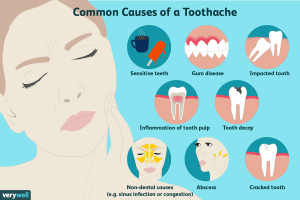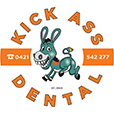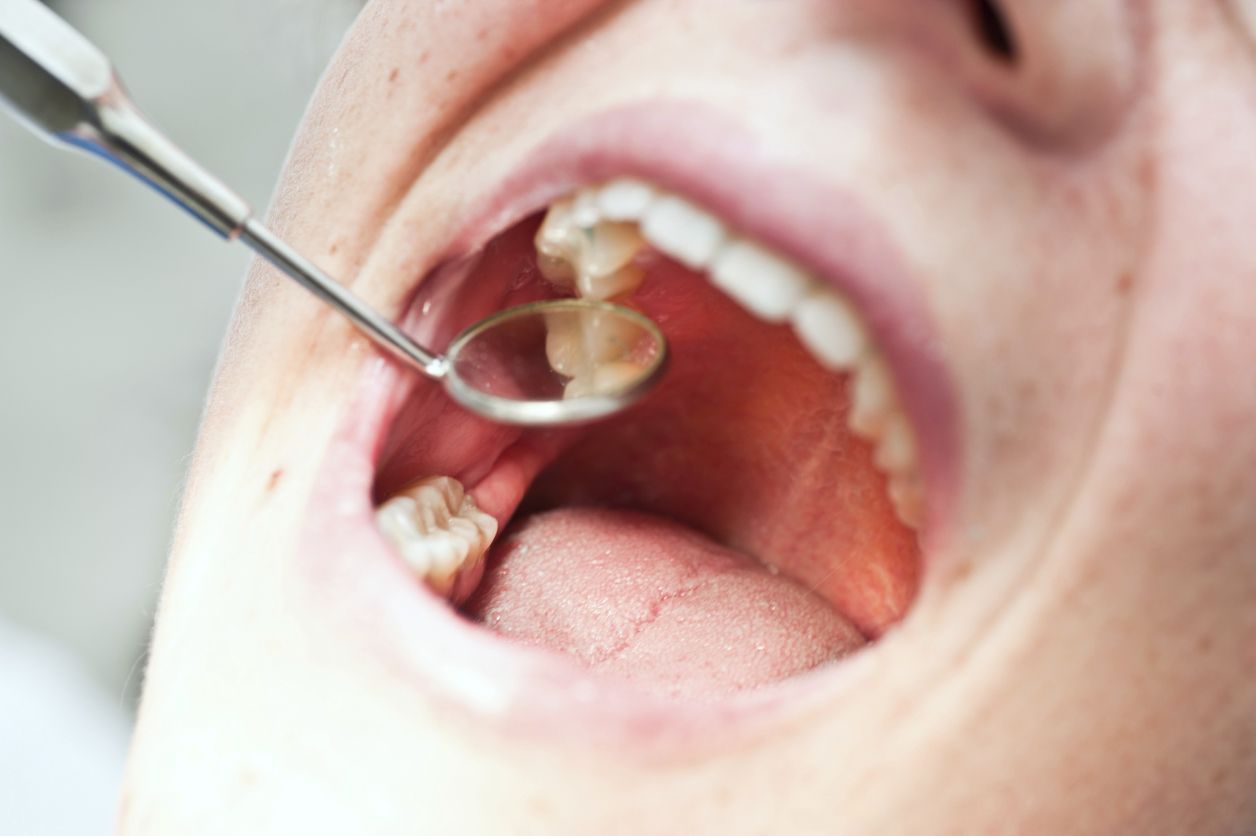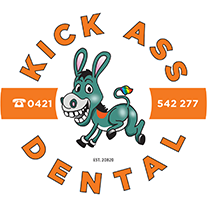How Do I Know If My Tooth Pain Is Serious?
Experiencing tooth pain can be uncomfortable and concerning, but not all toothaches are equal. Some may be a result of minor issues, while others could indicate more serious dental problems that require immediate attention. Understanding the severity of your tooth pain is essential in deciding whether to address it at home or seek professional dental care. In this article, we’ll explore different levels of tooth pain and help you identify when your tooth pain is serious.
1. Identifying Mild Tooth Sensitivity
Minor tooth sensitivity is a relatively common issue and is often triggered by certain foods or drinks that are hot, cold, sweet, or acidic. It may also occur when you expose your teeth to cold air. If your tooth sensitivity is infrequent and lasts only for a short period, it’s likely not a cause for concern. You can try using desensitizing toothpaste, maintaining good oral hygiene practices, and avoiding extreme temperatures in your diet to alleviate this discomfort.
2. Understanding Persistent, Dull Aches
If you experience a dull, lingering ache in your tooth, it might be a sign of a more significant problem. Dull toothaches can result from tooth grinding (bruxism), gum recession, or an abscessed tooth. Bruxism can wear down your enamel and lead to tooth sensitivity and pain. Gum recession exposes the sensitive roots of your teeth, making them more susceptible to discomfort. An abscessed tooth is a severe infection that can cause throbbing pain and requires immediate dental attention. If your toothache persists for more than a day or two, consult your dentist to determine the cause and receive appropriate treatment.

2.1 Addressing Gum Sensitivity
If you suspect gum recession to be the cause of your tooth pain, there are a few steps you can take to alleviate it. Using a soft-bristled toothbrush and practicing proper brushing techniques can prevent further gum recession. Additionally, your dentist may recommend a desensitizing toothpaste or a fluoride treatment to strengthen your enamel and reduce sensitivity.
2.2 Dealing with Bruxism
Bruxism can be managed with the use of a mouthguard, especially at night when unconscious grinding is most common. A mouthguard acts as a barrier between your upper and lower teeth, protecting them from wear and tear. Reducing stress and avoiding caffeine and alcohol in the evening may also help alleviate teeth grinding.
3. Recognizing Sharp, Intense Pain
If you experience sudden and intense pain in your tooth, it could be indicative of a severe dental issue. This kind of pain may be caused by a cracked tooth, a deep cavity, or an abscessed tooth. Cracked teeth can result from biting down on hard objects or from untreated tooth decay. Deep cavities can expose the nerve of the tooth, leading to sharp pain when eating or drinking. An abscessed tooth is a serious infection that requires immediate dental intervention to prevent it from spreading to other parts of your body.
3.1 Handling a Cracked Tooth
If you suspect a cracked tooth, avoid chewing on the affected side and opt for soft foods instead. Rinse your mouth with warm saltwater to keep the area clean and free from bacteria. Make an appointment with your dentist as soon as possible to evaluate the severity of the crack and determine the appropriate treatment, which may include dental bonding, a crown, or a root canal, depending on the extent of the damage.
3.2 Treating Deep Cavities
Deep cavities often require more than just a simple filling. Your dentist may need to perform a root canal to remove the infected pulp and preserve the tooth. Root canals are relatively routine procedures and can save your tooth from extraction. In some cases, a dental crown may be necessary to restore the strength and function of the treated tooth.

3.3 Managing Abscessed Teeth
An abscessed tooth is a dental emergency and should be treated without delay. The infection can spread to the surrounding tissues and even enter your bloodstream, posing serious health risks. Symptoms of an abscessed tooth may include severe pain, swelling of the face or jaw, fever, and a bad taste in your mouth. Your dentist will likely perform a root canal or an extraction to eliminate the infection and alleviate your pain.
4. Considering Other Contributing Factors
In addition to dental problems, certain non-dental factors can also cause tooth pain. Sinus infections, for instance, can lead to referred pain, where you feel discomfort in your teeth but the issue is actually in your sinuses. Jaw joint problems, such as temporomandibular joint disorder (TMJ/TMD), can also cause tooth pain and facial discomfort. It’s essential to pay attention to other symptoms you might be experiencing to help your dentist accurately diagnose the underlying cause of your tooth pain. https://kickassdental.com.au/
5. When to Seek Professional Dental Care
Knowing when to seek professional dental care is crucial in maintaining good oral health. If your tooth pain persists for more than a couple of days, is severe, or is accompanied by other concerning symptoms like swelling, fever, or difficulty breathing, don’t hesitate to contact your dentist. Dental issues can worsen if left untreated, and early intervention can prevent more extensive and costly procedures down the road.
Remember, regular dental check-ups are vital in preventing dental problems and catching issues early on. Your dentist can identify and address potential problems before they escalate into more significant concerns.
Conclusion
Tooth pain can vary in severity, from mild sensitivity to sharp, intense discomfort. Identifying the level of your tooth pain and recognizing other symptoms will help you determine if the issue requires immediate attention from a dental professional. While some toothaches can be managed at home, persistent or severe pain should prompt a visit to your dentist. Regular dental check-ups and good oral hygiene practices are essential in preventing dental problems and maintaining optimal oral health.





